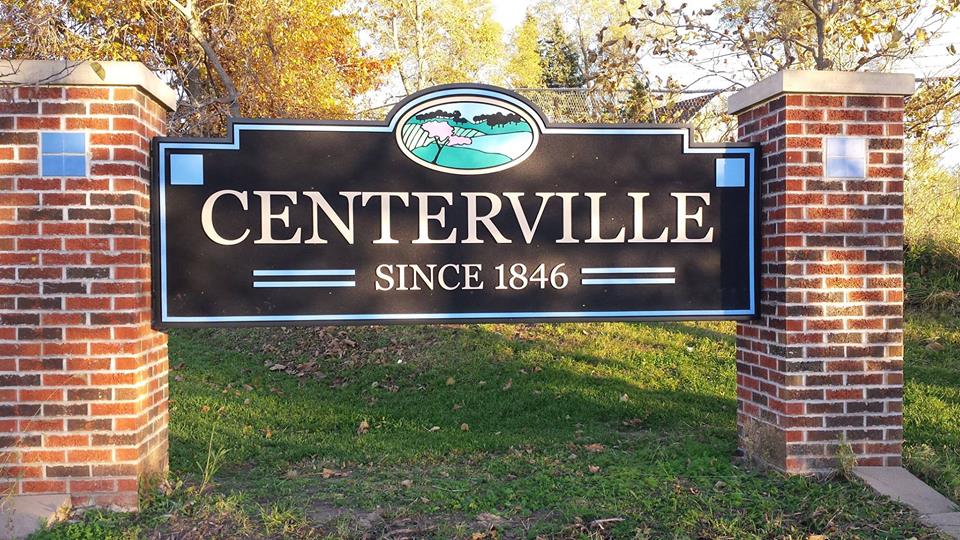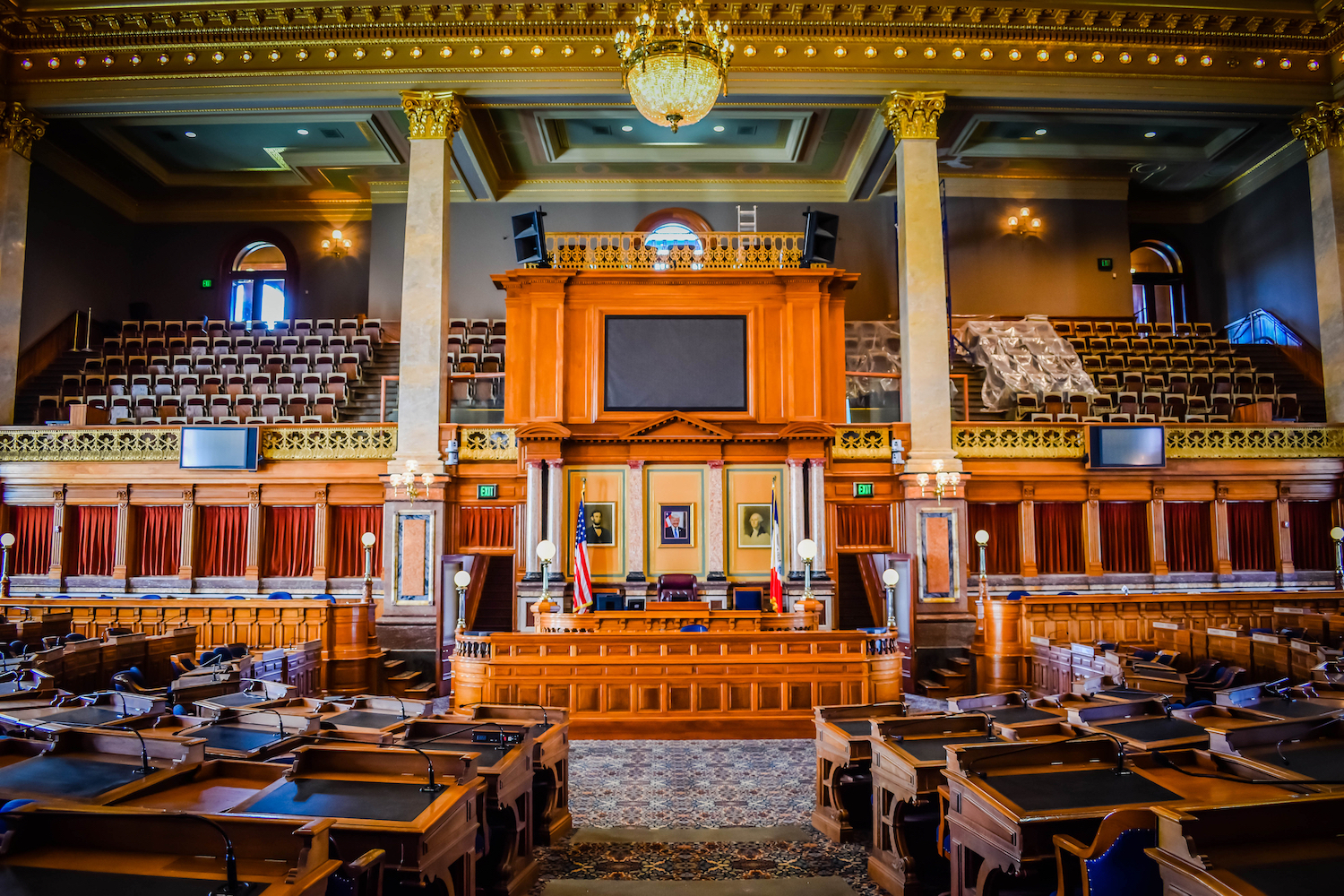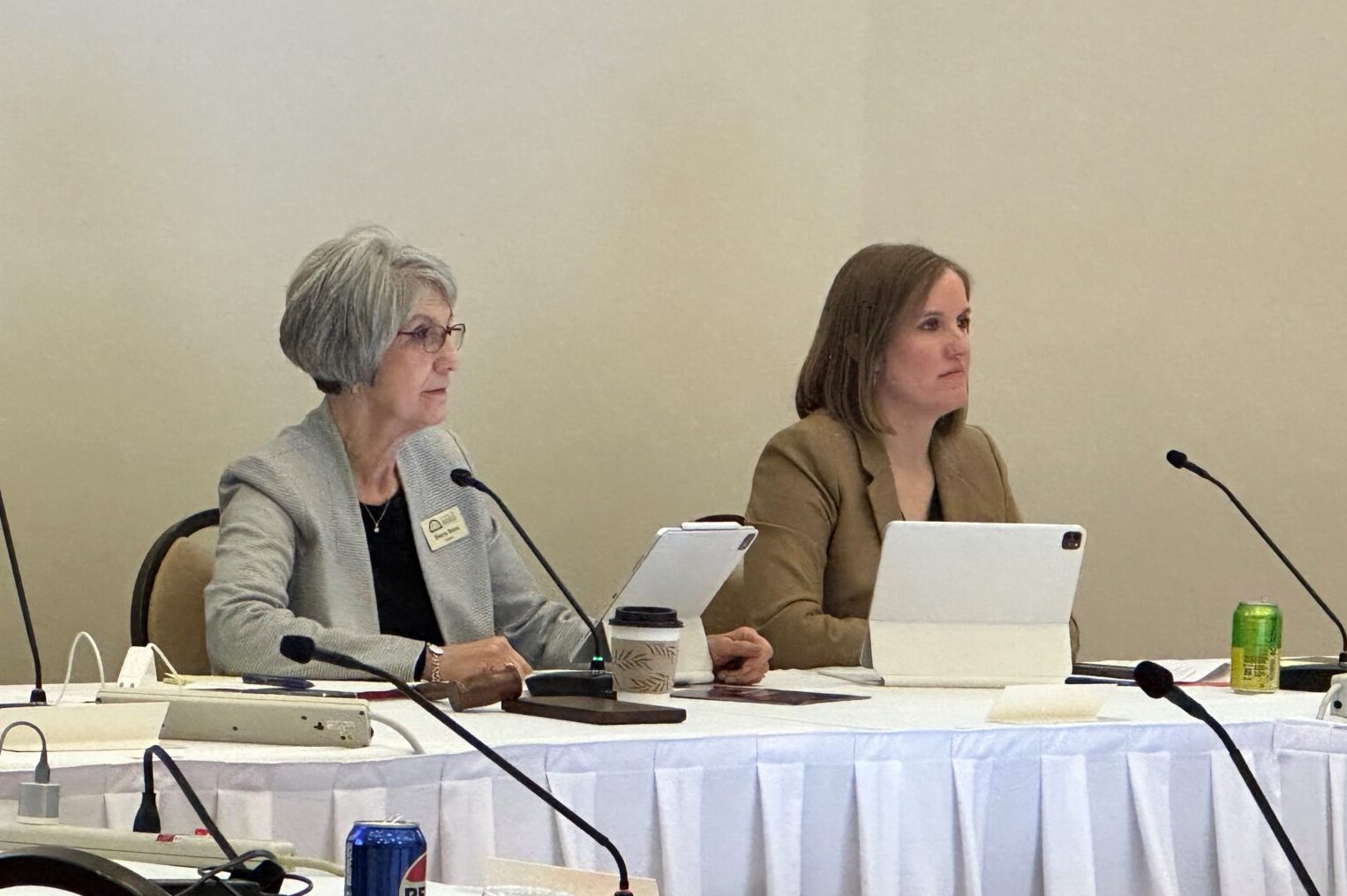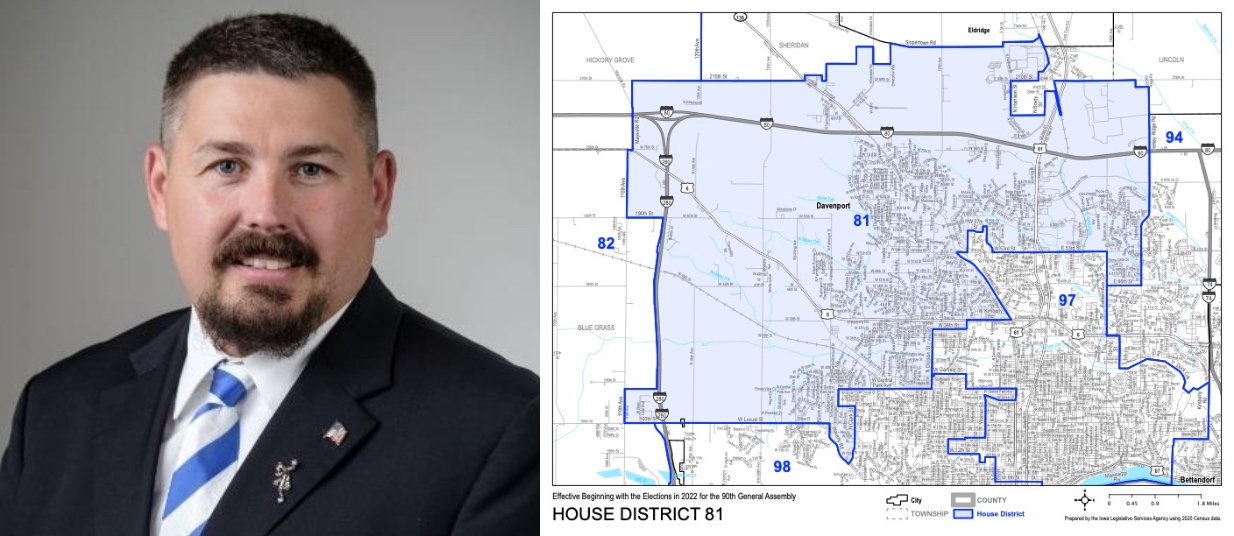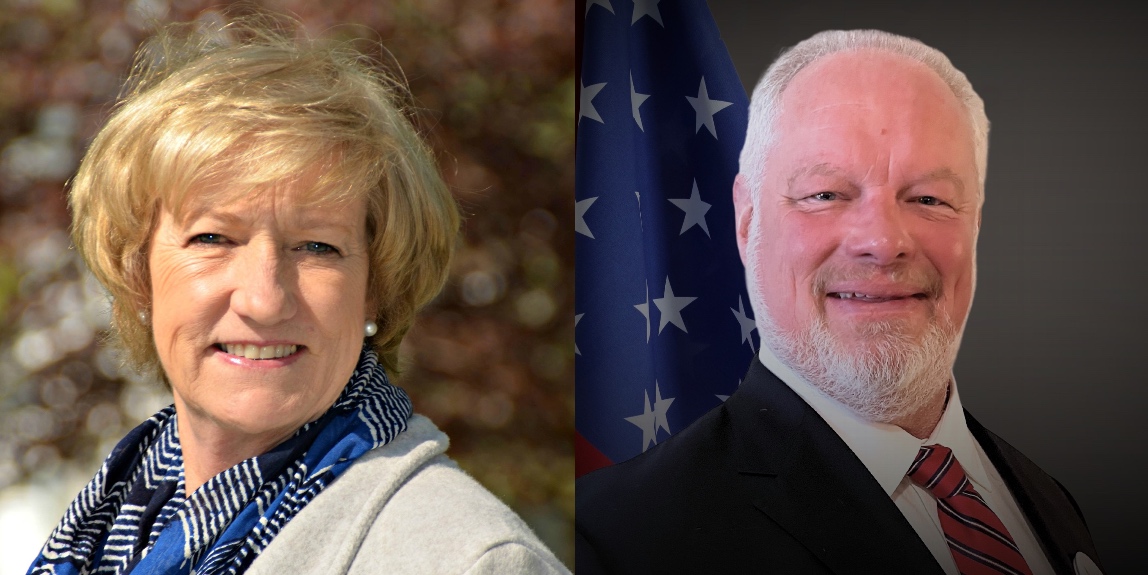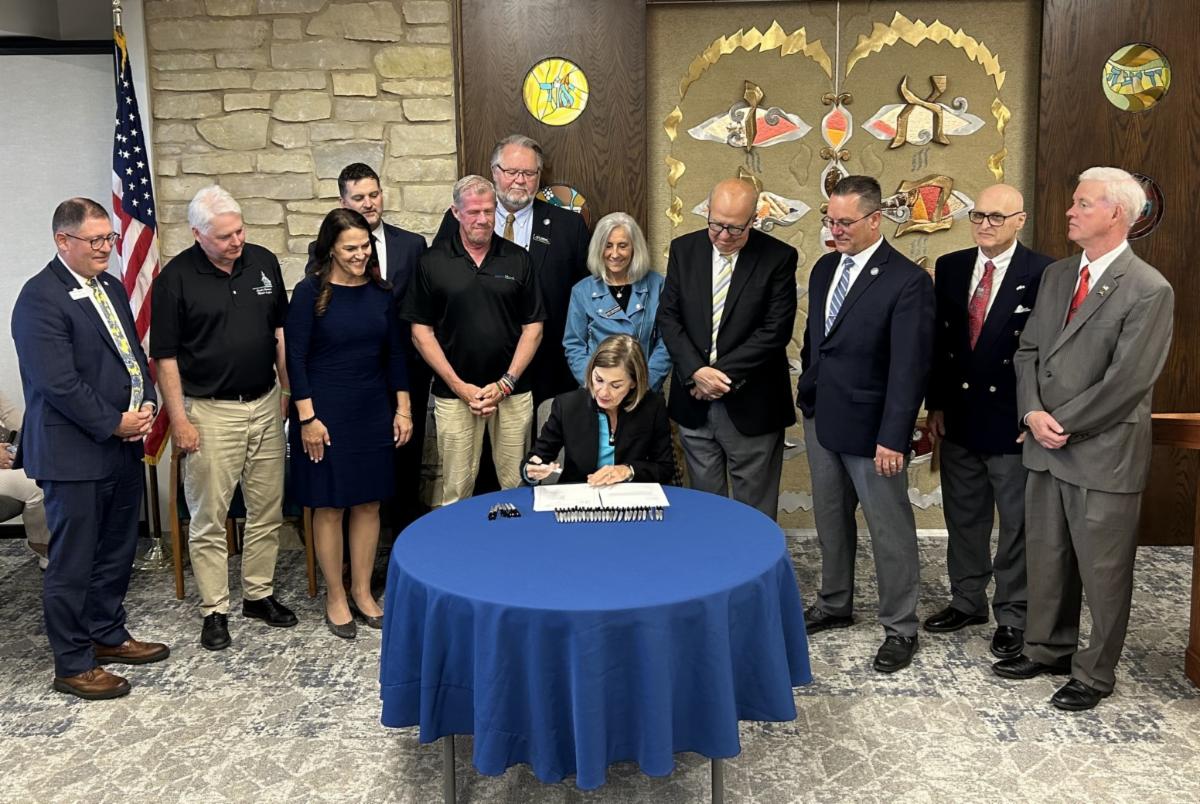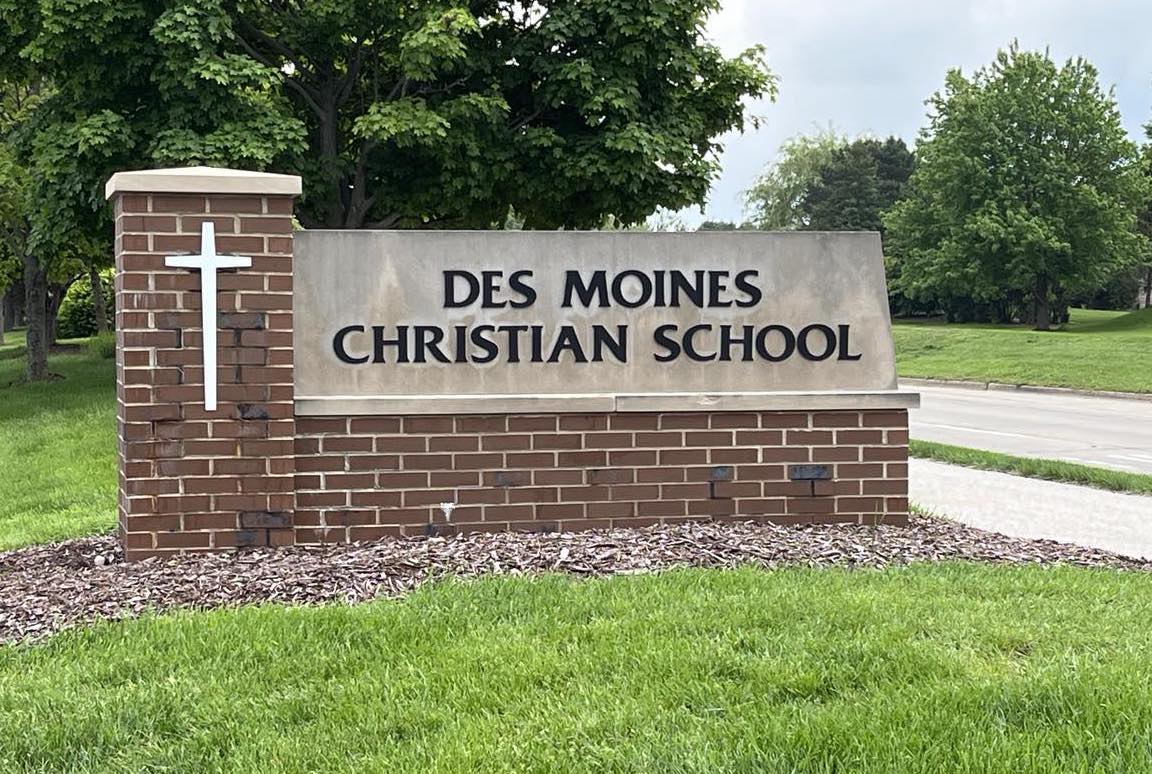Henry Jay Karp is the Rabbi Emeritus of Temple Emanuel in Davenport, Iowa, which he served from 1985 to 2017. He is the co-founder and co-convener of One Human Family QCA, a social justice organization. This essay first appeared on his Substack column.
Shortly after the recent election, Democratic State Representative Ken Croken, one of the members of the Quad Cities delegation to the Iowa legislature, hosted a meeting at a local library. The theme was, “Where Do We Go From Here?”
The room was packed. It was booked for an hour, but for the first half hour those in attendance were obsessed with the question of “Where did the Democrats go so wrong?” Every speaker had his or her view on why Democratic candidates failed so miserably, both nationally and in Iowa.
It was interesting, to a point. It allowed people to grieve and vent their anger, but it wasn’t very useful and it definitely was off topic. Finally, I raised my hand in frustration and said, “We’re talking about the wrong thing! It will be two years before we can effect change through the voting booth! But it will only be two months before January 20 and day one of the Trump presidency! Right now we have bigger fish to fry and not a lot of time to get cooking!”
Continue Reading...








